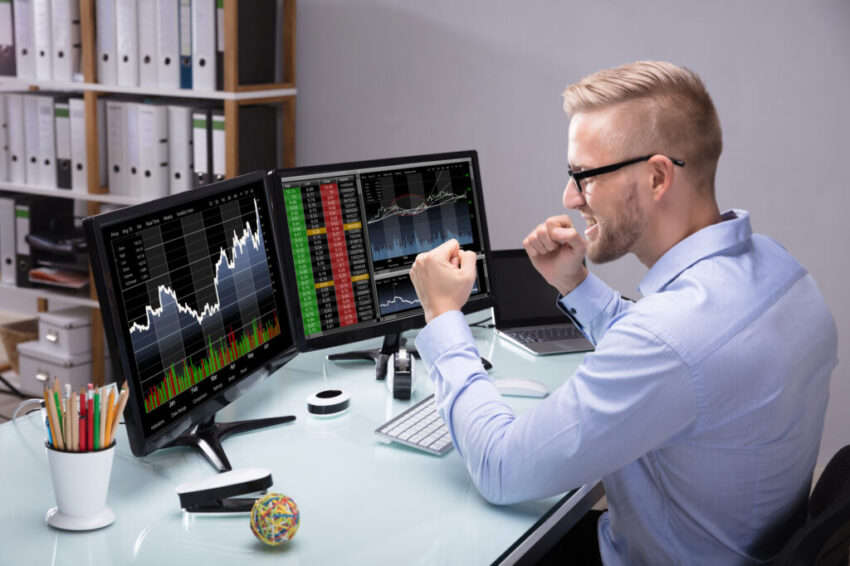The Exchange-Traded Fund ETF market has experienced an explosion in recent years, transforming the landscape of investment opportunities for both individual and institutional investors. This surge in popularity can be attributed to several factors that make ETFs an attractive option for a diverse range of investors. One key advantage is the inherent diversification they offer. ETFs typically track a specific index or basket of assets, providing investors with exposure to a broad market segment or sector without the need to buy individual stocks or bonds. This diversification not only helps mitigate risk but also simplifies the investment process, making it accessible to those who may not have the time or expertise to construct a well-balanced portfolio. The transparency and liquidity of ETFs further contribute to their widespread adoption. Unlike traditional mutual funds, ETFs trade on stock exchanges throughout the day, allowing investors to buy and sell shares at market prices.
Additionally, the transparency of ETF holdings, which are disclosed daily, provides investors with a clear view of the assets they own. This level of transparency is particularly valuable in volatile markets, as it allows investors to make informed decisions based on up-to-date information. The ETF landscape has also expanded to include a diverse array of investment strategies, catering to the evolving needs and preferences of investors. Beyond traditional market index-tracking ETFs, there are now thematic ETFs that focus on specific trends or sectors, smart-beta ETFs that implement alternative weighting methodologies, and actively managed ETFs that aim to outperform the market through active stock selection. This variety allows investors to tailor their portfolios to align with their investment goals and risk tolerance. Furthermore, the cost-effectiveness of ETFs has played a pivotal role in their proliferation. Compared to many actively managed mutual funds of Quotex login, ETFs generally have lower expense ratios. This cost efficiency is especially appealing to investors who prioritize minimizing fees and optimizing long-term returns.

Additionally, the rise of commission-free trading platforms has eliminated another barrier to entry, making it more economical for investors to build diversified portfolios with ETFs. However, the rapid growth of the ETF market also brings challenges and considerations for investors. The sheer number of available ETFs can be overwhelming, requiring investors to conduct thorough research to identify suitable options. Moreover, the complexity of certain ETF structures, such as leveraged and inverse ETFs, demands a deeper understanding of the underlying mechanics and risks. In conclusion, the ETF explosion represents a paradigm shift in the investment landscape, offering investors unprecedented access to diverse markets, enhanced liquidity, and cost-effective strategies. While navigating this dynamic world requires careful consideration and due diligence, the flexibility and innovation within the ETF space provide investors with valuable tools to construct well-rounded portfolios that align with their financial objectives. As the ETF market continues to evolve, investors will likely witness further innovations and opportunities that shape the future of investment strategies.
